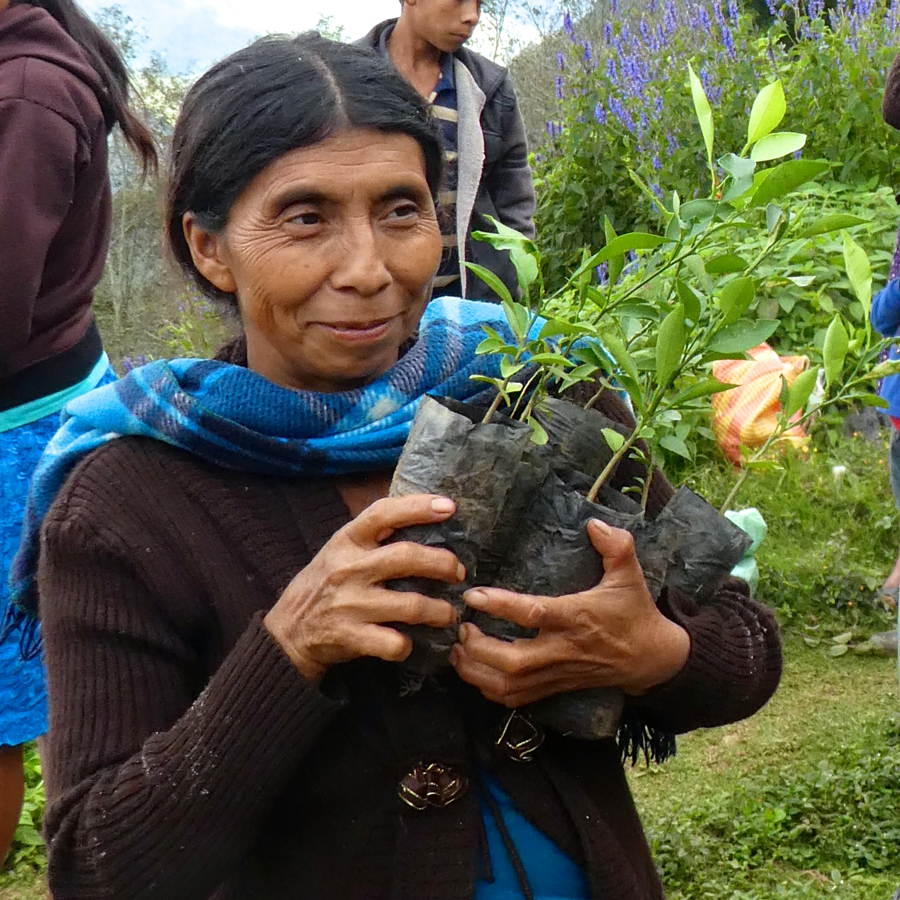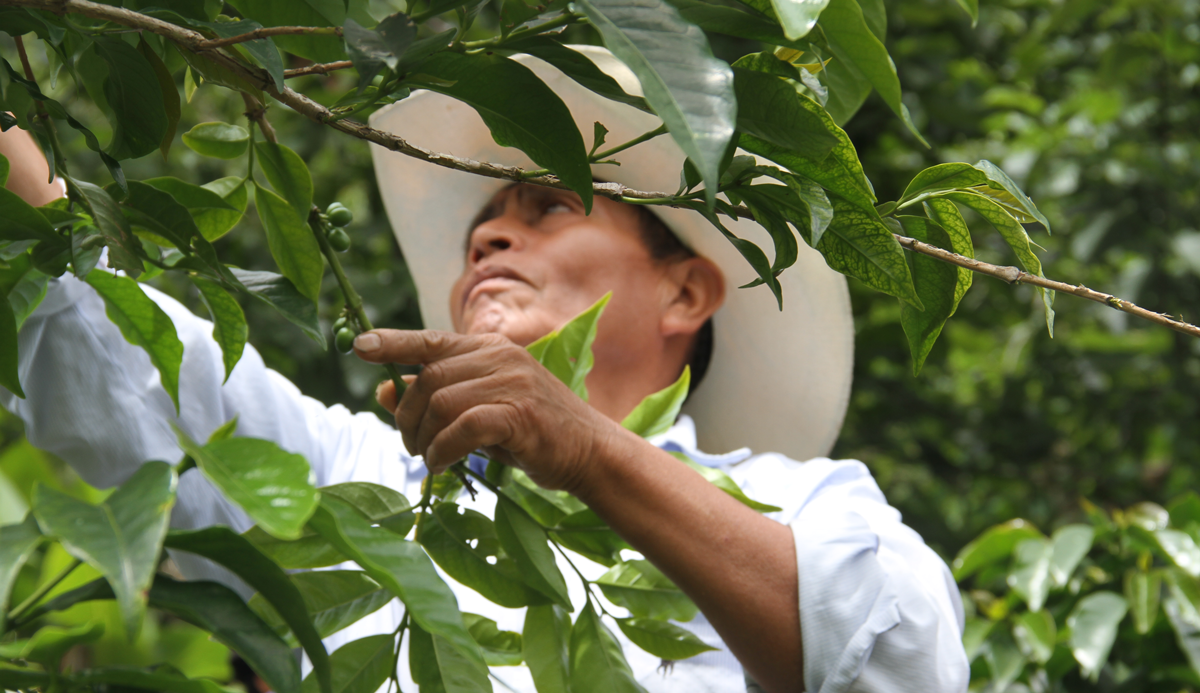
Protecting the Environment
HOPE AT HOME is EPIC’s current focus. As migration is most often the result of desperation, how exactly does EPIC create hope at home in Central America? EPIC is now highlighting our work using four primary strategies: Ensuring Food Security, Protecting the Environment, Building Hope and Solidarity for Youth, and Protecting Human Rights.

Strategy #2 Protecting the Environment
Worldwide millions of people are displaced every year, either temporarily or permanently, due to environmental extremes. UNHCR, the UN Refugee Agency, uses the term “climate refugees” for persons forced to leave their homes as the consequence of climate change, environmental degradation, and natural disasters.

Reforestation
Honduras and Guatemala have suffered incredible deforestation. Globally reforestation fights climate change. On a local level reforestation protects watersheds and helps springs and creeks to continue to flow. Trees !enable more of the rain that falls to be absorbed by the soil and the tree roots stabilize hillside soils. During 2018-19, participants in the La Semilla Program in Honduras and the Baja Verapaz program in Guatemala planted a total of 216,745 trees. Below are some of the details:
Forest trees – 28,906
Coffee trees – 181,037 (plus an unreported large number
of trees planted to shade the coffee)
Fruit trees – 6,938
Trees planted for reforestation provide families with cooking fuel and lumber, cool the environment, and provide organic material for the soil. In many hillside situations, the programs have been able to obtain the environmental advantages of reforestation by planting coffee trees which also produce income for the farmers. The coffee trees are planted in contour lines across hillsides, with fast growing shade trees planted alongside. The roots of both hold the soil preventing erosion. The program participants grow the coffee organically and the shade trees bring in birds and beneficial other wildlife.
In addition to the trees already planted this year by both programs, in June 2019 the Baja Verapaz program in Guatemala received 15,600 more trees as an in-kind donation from the INDE national tree nursery. 3,500 were valuable fruit trees.
Natural Disasters
A different kind of environmental refugee can result from a natural disaster such as the eruption of Volcano Fuego in Guatemala on June 3, 2018, and which continued with flows for several months. When a pyroclastic flow from a volcano completely wipes out your house and everything inside, going “North” may seem like the only option. Working through partners, Mujeres en Acción and the Maya Foundation, FUNDAMARCOS, EPIC responded to the volcano’s eruption with relief supplies delivered personally by the local program people. Helping people get through the immediate crises was more difficult in the rainy season Families needed shelter immediately. Mujeres en Acción begins the difficult process of helping families to reconstruct lives and rebuild homes, which may take years.
To reduce the need people feel to migrate, Strategy #2 – Protecting the Environment is a complement to Strategy #1 – Ensuring Food Security.

